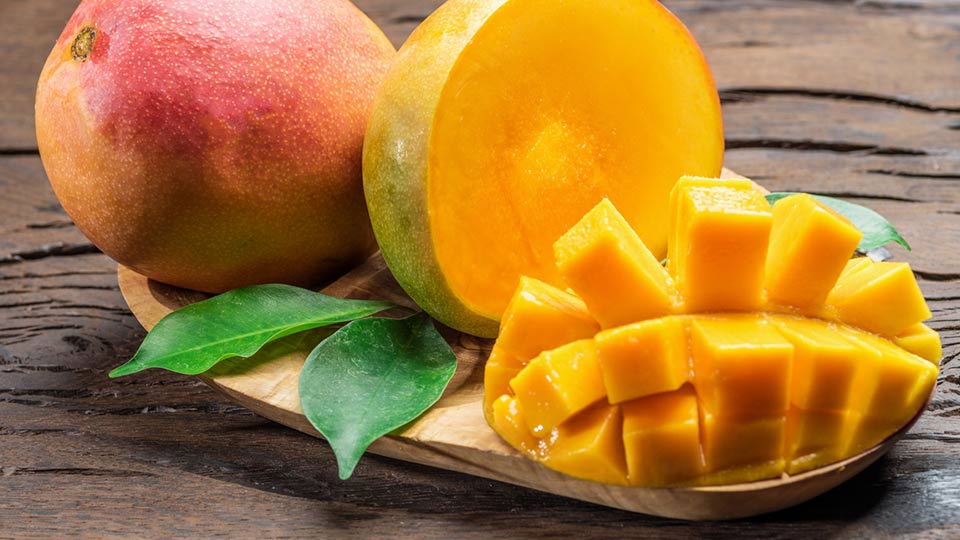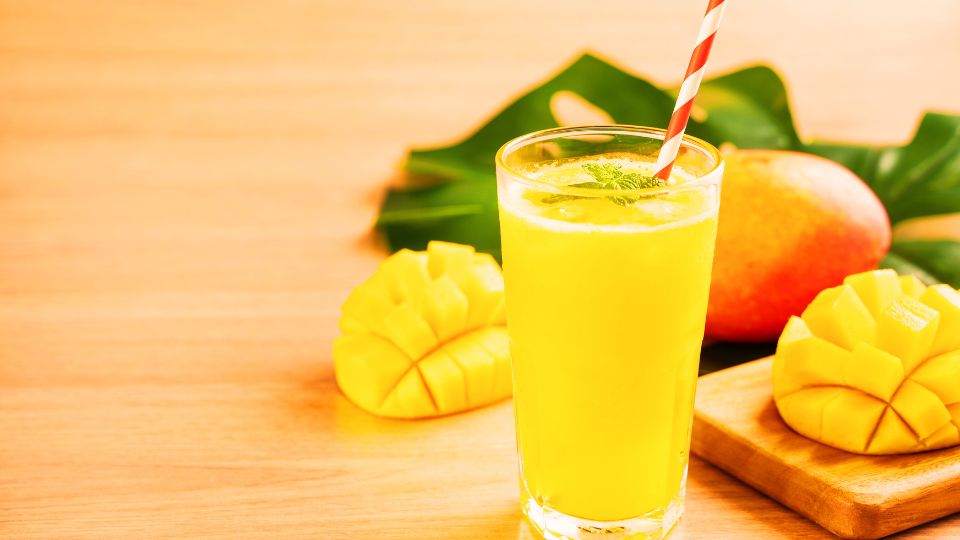The liver is a vital organ responsible for filtering toxins and waste products from the blood. Supporting liver health is essential for overall health and well-being. One natural remedy that has gained attention for its potential benefits for liver health is mango juice.
Mango juice is packed with essential nutrients, including vitamins A and C, potassium, and dietary fiber. These nutrients have been shown to promote healthy liver function and protect the liver from damage caused by free radicals.
In this article, we will explore the potential benefits of mango juice for liver health and whether it is a safe and effective natural remedy.
Is Mango Juice Good For Liver?
Mango is a tropical fruit that is not only delicious but also packed with essential nutrients that can benefit overall health and well-being.
The liver is responsible for filtering toxins and waste products from the blood and producing bile to aid in digestion. The nutrients found in mango, such as vitamins A and C and potassium, can help support the liver’s function by protecting it from damage caused by free radicals and promoting healthy bile production. Adequate fiber intake can also support healthy digestion, which can be essential for overall liver health.
Vitamins A and C
Mango is an excellent source of vitamins A and C, both of which are powerful antioxidants that can help protect the liver from damage caused by free radicals. Vitamin A is also essential for maintaining healthy vision, skin, and immune function. It plays a vital role in the liver’s ability to metabolize toxins and remove them from the body. Vitamin C, on the other hand, is crucial for collagen production, which is essential for healthy skin, tendons, and ligaments.
Potassium
Mango is also a good source of potassium, a mineral that is essential for maintaining fluid balance in the body and healthy blood pressure levels. It also plays a critical role in nerve and muscle function, making it an essential nutrient for overall health.
Dietary fiber
Mango is rich in dietary fiber, which is essential for maintaining healthy digestion and preventing constipation. Adequate fiber intake can also help to lower cholesterol levels, regulate blood sugar levels, and support weight management.
How these nutrients can support liver health
Other ways to support liver health
The liver is a vital organ that plays a crucial role in detoxifying the body, producing bile, and storing nutrients. It is essential to take care of the liver to maintain overall health and well-being. In addition to incorporating nutrient-rich foods such as mango into the diet, there are several other ways to support liver health.
Healthy Diet
A healthy, balanced diet is essential for supporting liver health. It is recommended to eat a variety of fruits, vegetables, whole grains, and lean proteins. It is also essential to limit processed foods, sugary drinks, and foods high in saturated and trans fats. Eating a healthy diet can help to reduce the risk of developing fatty liver disease, which can lead to liver damage and other health complications.
Regular Exercise
Regular exercise can help to support liver health by reducing the risk of obesity and metabolic syndrome. Both of these conditions can contribute to the development of liver disease. Exercise can also improve insulin sensitivity, reduce inflammation, and promote healthy blood flow, all of which can benefit liver health. It is recommended to aim for at least 150 minutes of moderate-intensity exercise per week.
Limit Alcohol Consumption
Alcohol is processed by the liver, and excessive alcohol consumption can cause liver damage and increase the risk of developing liver disease. It is recommended to limit alcohol consumption to no more than one drink per day for women and two drinks per day for men.
Maintain a Healthy Weight
Maintaining a healthy weight can help to reduce the risk of developing liver disease, including nonalcoholic fatty liver disease (NAFLD). NAFLD is a condition where fat builds up in the liver, leading to inflammation and scarring. Losing even a small amount of weight can help to reduce liver fat and improve liver function.
FAQs
Which fruit is not good for liver?
There is no specific fruit that is considered bad for liver health. However, consuming excessive amounts of fruit, particularly those high in fructose, can contribute to the development of non-alcoholic fatty liver disease (NAFLD) in individuals who are already at risk.
What organ is mango good for?
Mango can be good for liver health due to its high content of nutrients such as vitamins A and C, potassium, and dietary fiber. These nutrients can help protect the liver from damage and inflammation, and promote healthy digestion.
Which fruit is best for liver?
Some fruits that are considered good for liver health include berries, grapes, and citrus fruits. Berries are high in antioxidants that can help protect the liver from damage, while grapes contain resveratrol, a compound that can improve liver function. Citrus fruits are also high in antioxidants and can help improve liver function by increasing the production of enzymes that aid in detoxification.
What drinks heal the liver?
Some drinks that are known to support liver health include green tea, coffee, and milk thistle tea. Green tea contains catechins, which are antioxidants that can protect the liver from damage.
Coffee has been shown to reduce the risk of liver disease and can improve liver function. Milk thistle tea contains silymarin, a compound that can protect liver cells from damage and promote regeneration. It is important to note that excessive alcohol consumption should be avoided as it can lead to liver damage.
Conclusion
In conclusion, mango juice is a delicious and nutritious beverage that can potentially offer benefits for liver health. Its high content of vitamins A and C, potassium, and dietary fiber can promote healthy liver function and protect the liver from damage caused by free radicals.
However, it is important to consult with a healthcare professional before using any natural remedies for liver health, especially if you have a pre-existing liver condition.
Additionally, it is important to incorporate other lifestyle factors such as a healthy diet, regular exercise, and limiting alcohol consumption to support optimal liver function. By taking a comprehensive approach to liver health, individuals can promote overall health and well-being.







